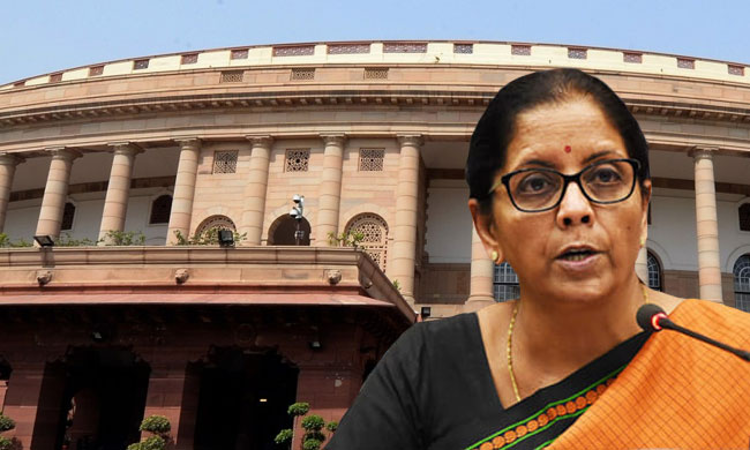Parliament Passes Finance Bill, 2020 Without Discussion; House Adjourned Sine Die
Akshita Saxena
23 March 2020 7:18 PM IST

Next Story
23 March 2020 7:18 PM IST
The Lok Sabha on Monday passed the Finance Bill, 2020, with amendments, by voice vote. After that, the bill was presented in the Rajya Sabha, which returned the same without consideration. This effectively means that the Bill has been cleared by the Parliament.Both the houses adjourned sine die after the passing of the Bill. The Bill was passed without any discussion after the...
